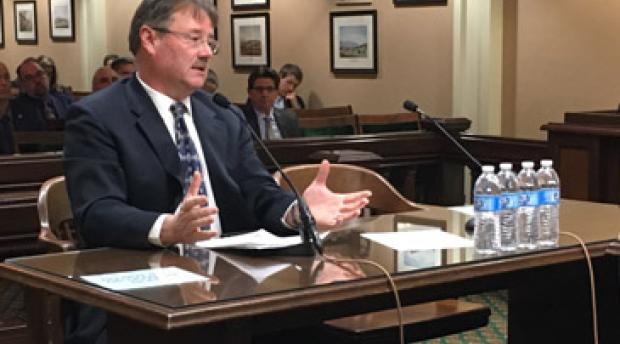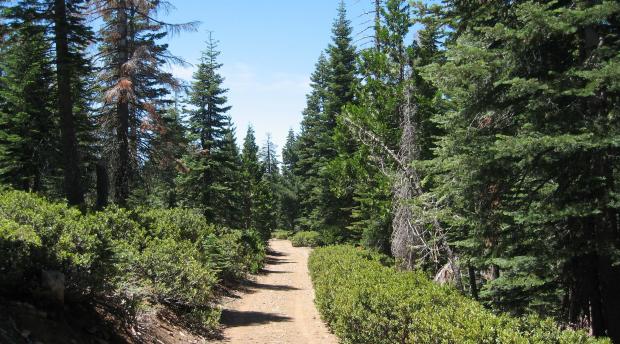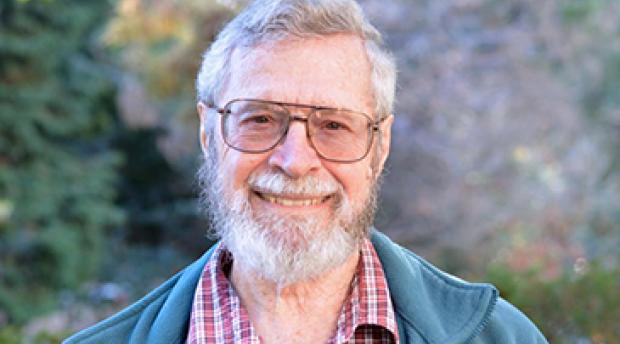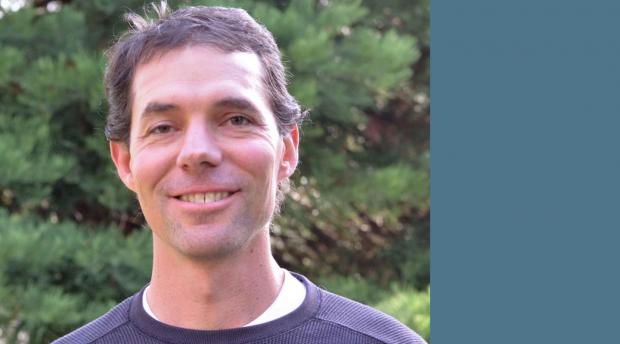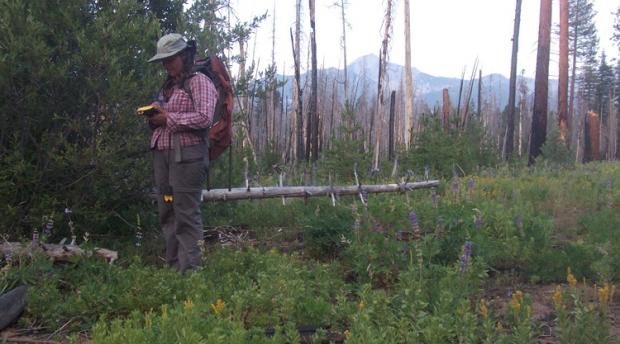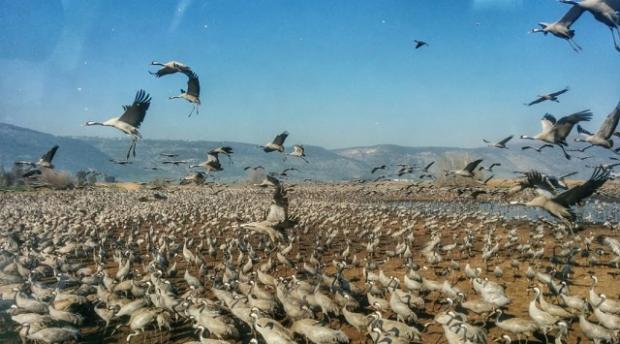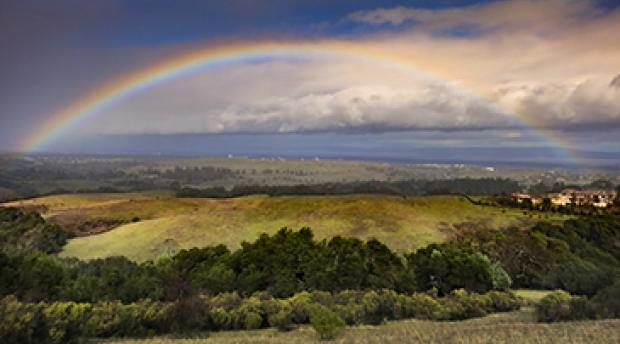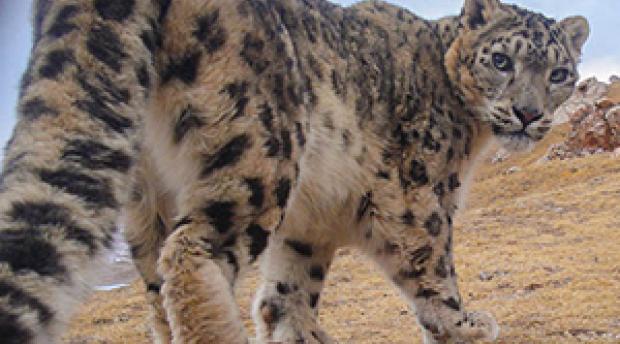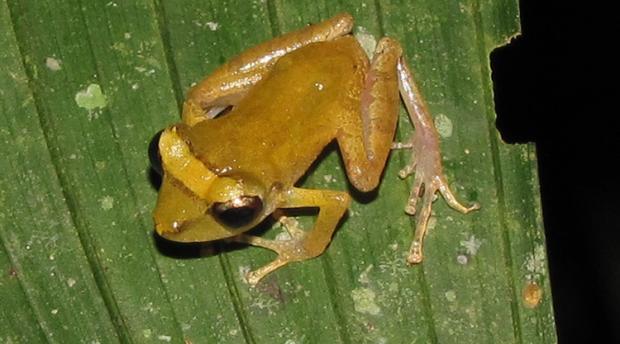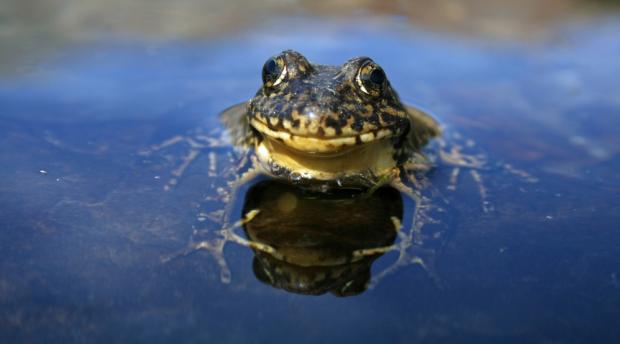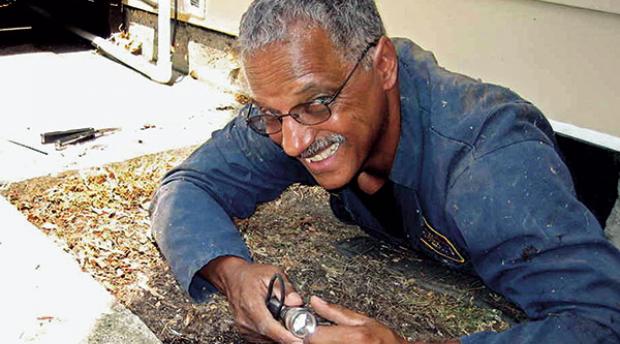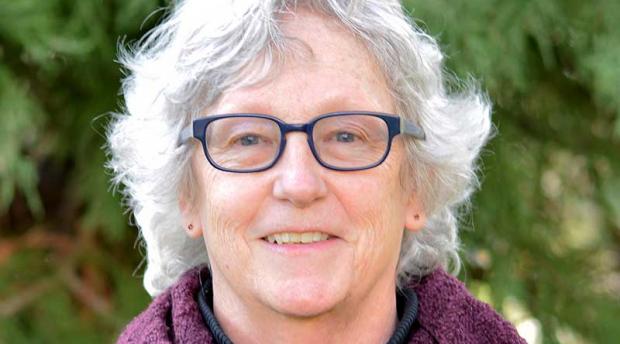Professor Scott Stephens delivered the opening remarks at the Little Hoover Commission's public hearing in response to California's growing tree mortality crisis.
CRISPR research institute expands into agriculture, microbiology
The Innovative Genomics Institute (IGI) will expand efforts to explore the potential of gene editing in the areas of agriculture and microbiology. ESPM professor Jill Banfield will lead the microbiology group.
UC Research Forest Lands Expand with Donation
The first of three large land donations from PG&E to the University of California has been officially transferred, expanding UC’s research forest lands by 1,459 acres.
Climate change could kill off parasites, destabilizing ecosystems
A new review led by UC Berkeley suggests that climate change threatens parasites with extinction, which could have big consequences for ecosystems.
Compact CRISPR systems found in some of world’s smallest microbes
Berkeley researchers found two compact CRISPR systems, CasX and CasY, nearly doubling the potential tools like CRISPR-Cas9 for genome editing.
Drones help monitor health of giant sequoias
Professor Todd Dawson tests drone-based research tools as a way to monitor the Sierra Nevada’s giant sequoias and predict how they will deal with climate change and drought.
Study finds wide exposure to environmental toxics in cohort of pregnant women
A new study measures exposure to 59 toxic chemicals in pregnant women and their newborns, and finds that the pollutants show up in higher levels in the newborns.
Dale McCullough Receives Aldo Leopold Memorial Award
Bestowed in recognition of an individual's distinguished service to wildlife conservation, the award is the highest honor given by The Wildlife Society.
SAF Announces York as a Recipient of 2016 Presidential Field Forester Award
ESPM assistant adjunct professor Robert York has been awarded the Presidential Field Forester Award by the Society of American Foresters (SAF).
Wildfire management vs. suppression benefits forest and watershed
An unprecedented 40-year experiment in a 40,000-acre valley of Yosemite National Park strongly supports the idea that managing fire, rather than suppressing it, makes wilderness areas more resilient to fire.
The National Science Foundation awards $2.5 million to UC Berkeley researchers
A team of UC Berkeley researchers were awarded $2.5 million from the National Science Foundation for their work on a project titled: “US-Israel Collab: Pathogens and disease transmission in migratory birds along the Palearctic-African flyway.”
Understanding the Effects of Previous-Year Rainfall on Grasslands
In a recent study of California annual grasslands, a new perspective on an old subject helped CNR researchers enhance their understanding of the effects of rainfall on grassland composition.
KQED takes a "Deep Look" at randy spiders
KQED's "Deep Look" series recently profiled the research of graduate student Erin Brandt, who is studying the elaborate mating rituals of colorful male jumping spiders.
Climate refuges identified for endangered snow leopards
A new study of snow leopards’ habitat has found that just one-third of their current range will be a refuge from climate change by 2070.
Climate change could be a greater threat to tropical frogs than deforestation
UC Berkeley Ph.D. student David Kurz traveled to Costa Rica and found that greater declines in population are related to the frogs' sensitivity to temperature.
The amazing recovery of Yosemite’s yellow-legged frog
The remarkable recovery of the endangered Sierra Nevada yellow-legged frog has now been documented in an expansive, data-rich study of the species in Yosemite National Park.
Vernard Lewis Inducted into Pest Management Professional Hall of Fame
ESPM Cooperative Extension Specialist Vernard Lewis will be inducted into Pest Management Professional Magazine's 2016 Hall of Fame in honor of his 35-year career.
Science to Solutions Videos
Four ESPM professors participated in the College of Natural Resources' Science to Solutions Iniative.
Video: Jumping spider seduction
Damian Elias’s lab studies spider courting rituals, which, until recently, were impossible to perceive by human senses.
American Geophysical Union Announces 2016 Fellows
ESPM professor Mary Firestone has been announced as a 2016 Fellow of the American Geophysical Union, which honors AGU members who have made exceptional scientific contributions and gained prominence in their respective fields of Earth and space sciences.


